Saudi Arabia ends executions of minors: what’s behind the move?
Kingdom to commute sentences of convicts facing death for offences committed under the age of 18
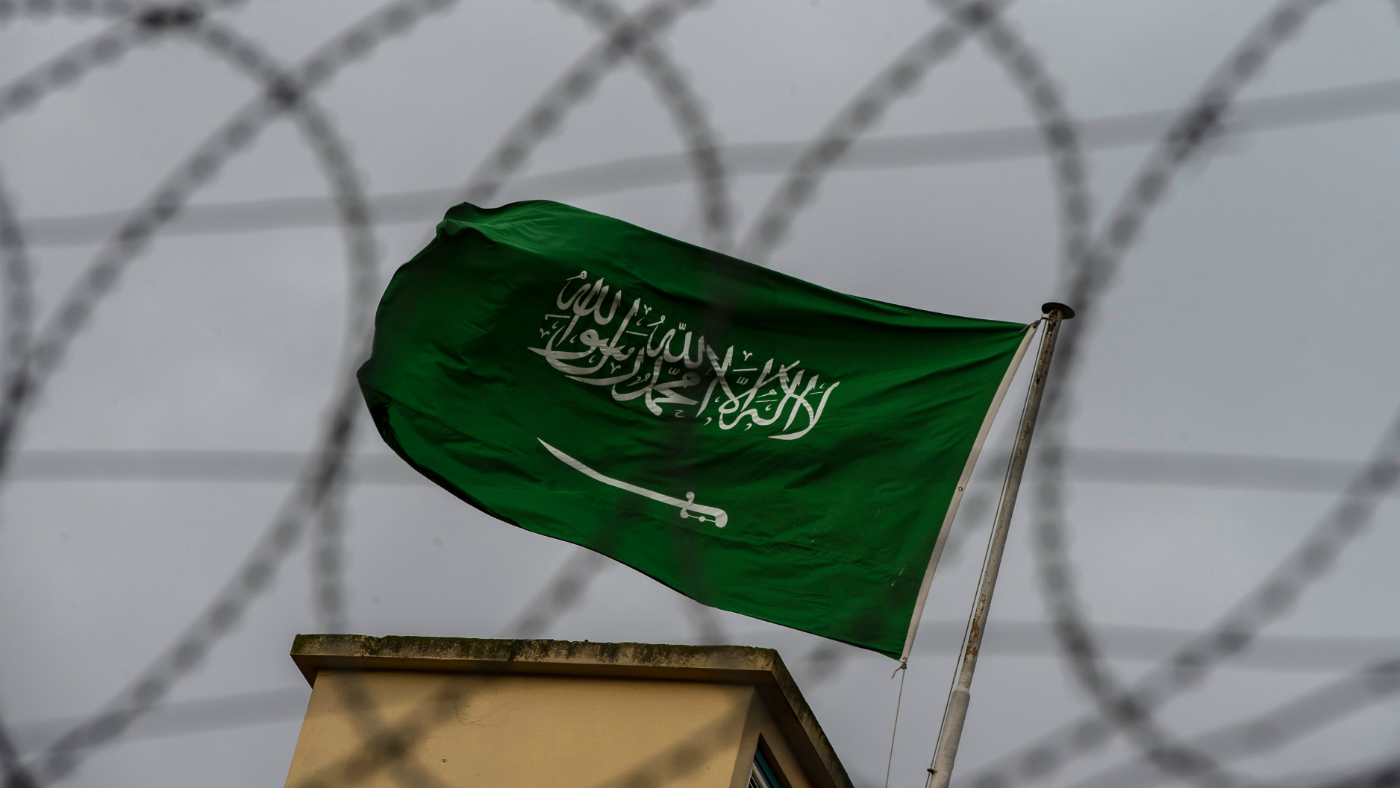
A free daily email with the biggest news stories of the day – and the best features from TheWeek.com
You are now subscribed
Your newsletter sign-up was successful
Saudi Arabia is to abolish the death penalty for citizens who commit crimes as minors, the kingdom’s Human Rights Commission (HRC) has announced.
In a statement released on Sunday, HRC President Awwad Alawwad said that under a new royal decree, the punishment will be replaced with “a prison sentence of no longer than ten years in a juvenile detention facility”.
The move will help Saudi Arabia establish “a more modern penal code and demonstrates the kingdom’s commitment to following through on key reforms”, he added.
The Week
Escape your echo chamber. Get the facts behind the news, plus analysis from multiple perspectives.

Sign up for The Week's Free Newsletters
From our morning news briefing to a weekly Good News Newsletter, get the best of The Week delivered directly to your inbox.
From our morning news briefing to a weekly Good News Newsletter, get the best of The Week delivered directly to your inbox.
What is Saudi Arabia’s record on capital punishment?
The Middle Eastern nation has faced widespread criticism in recent years over its human rights record.
Last week, Amnesty International released a damning report that says the Saudi authorities executed a record 184 people in 2019 - a 23% year-on-year increase. At least one case involved a man convicted of a crime committed when he was a minor, according to the rights group.
Only China and Iran execute more people annually.
A free daily email with the biggest news stories of the day – and the best features from TheWeek.com
Saudi Arabia retains the death penalty for offences including rape, sedition, adultery, drug trafficking and “sorcery”, as well as murder, under a legal system based on Sharia law and fundamentalist Wahhabism.
International protests against the executions - most of which take the form of public beheadings - have been fuelled by concerns about the fairness of trials in the kingdom.
The Sun say that trials at which defendants have been sentenced to death are “reported to have lasted a day and confessions extracted under torture”.
Saudi Arabia “has no written penal code and no code of criminal procedure and judicial procedure”, the newspaper notes, adding: “The only means of appeal is directly to the king, who decides whether the condemned lives or dies.”
What about the new decree?
Saudi King Salman and his son Crown Prince Mohammed bin Salman have given the green light to halt the death penalty for crimes committed by minors “as the kingdom seeks to blunt criticism over its human rights record”, says The Guardian.
Capital punishment for crimes committed by people aged under 18 runs contrary to the United Nations Convention on the Rights of the Child, which Saudi Arabia has ratified.
Announcing the decision to abolish the death penalty, HRC boss Alawwad promised that “more reforms will be coming”.
However, it remains unclear when the executions ban will come into effect.
The announcement came “just two days after the kingdom, in effect, abolished flogging as punishment, in a decision made by the General Commission for the Supreme Court”, reports Al Jazeera.
Flogging had been mandatory as a form of corporal punishment for offences including breach of peace, homosexuality, consumption or possession of alcohol, adultery and pestering girls. The penalty will be replaced by prison sentences or fines.
Alawwad hailed the reform as “a momentous step forward in Saudi Arabia’s human rights agenda”.
–––––––––––––––––––––––––––––––For a round-up of the most important stories from around the world - and a concise, refreshing and balanced take on the week’s news agenda - try The Week magazine. Start your trial subscription today –––––––––––––––––––––––––––––––
What next?
The royal decree is expected to save the lives of at least six men from the country’s minority Shia community who were convicted of taking part in anti-government protests while aged under 18, during the Arab Spring uprisings.
UN human rights experts appealed to the kingdom last year to halt plans to execute them.
The decree should also benefit the wider Saudi Shia community, members of which are disproportionately likely to be handed death sentences.
As Al Jazeera reports, in April 2019, the kingdom beheaded 37 men convicted of “terrorism” charges. The UN human rights chief said at the time that almost all of them were Shia Muslims who may not have had fair trials - and that at least three were minors when sentenced.
Campaigners hope that in a further bid to strengthen international ties, more reforms are being planned by Crown Prince bin Salman, who is “seen as the force behind the kingdom’s loosening of restrictions and its pivot away from ultraconservative interpretations of Islamic law”, reports Voice of America.
“The crown prince has sought to modernise the country, attract foreign investment and revamp Saudi Arabia’s reputation globally,” says the Washington D.C.-based news site - but adds that he has also “overseen a parallel crackdown on liberals, women’s rights activists, writers, moderate clerics and reformers”.
-
 How to Get to Heaven from Belfast: a ‘highly entertaining ride’
How to Get to Heaven from Belfast: a ‘highly entertaining ride’The Week Recommends Mystery-comedy from the creator of Derry Girls should be ‘your new binge-watch’
-
 The 8 best TV shows of the 1960s
The 8 best TV shows of the 1960sThe standout shows of this decade take viewers from outer space to the Wild West
-
 Microdramas are booming
Microdramas are boomingUnder the radar Scroll to watch a whole movie
-
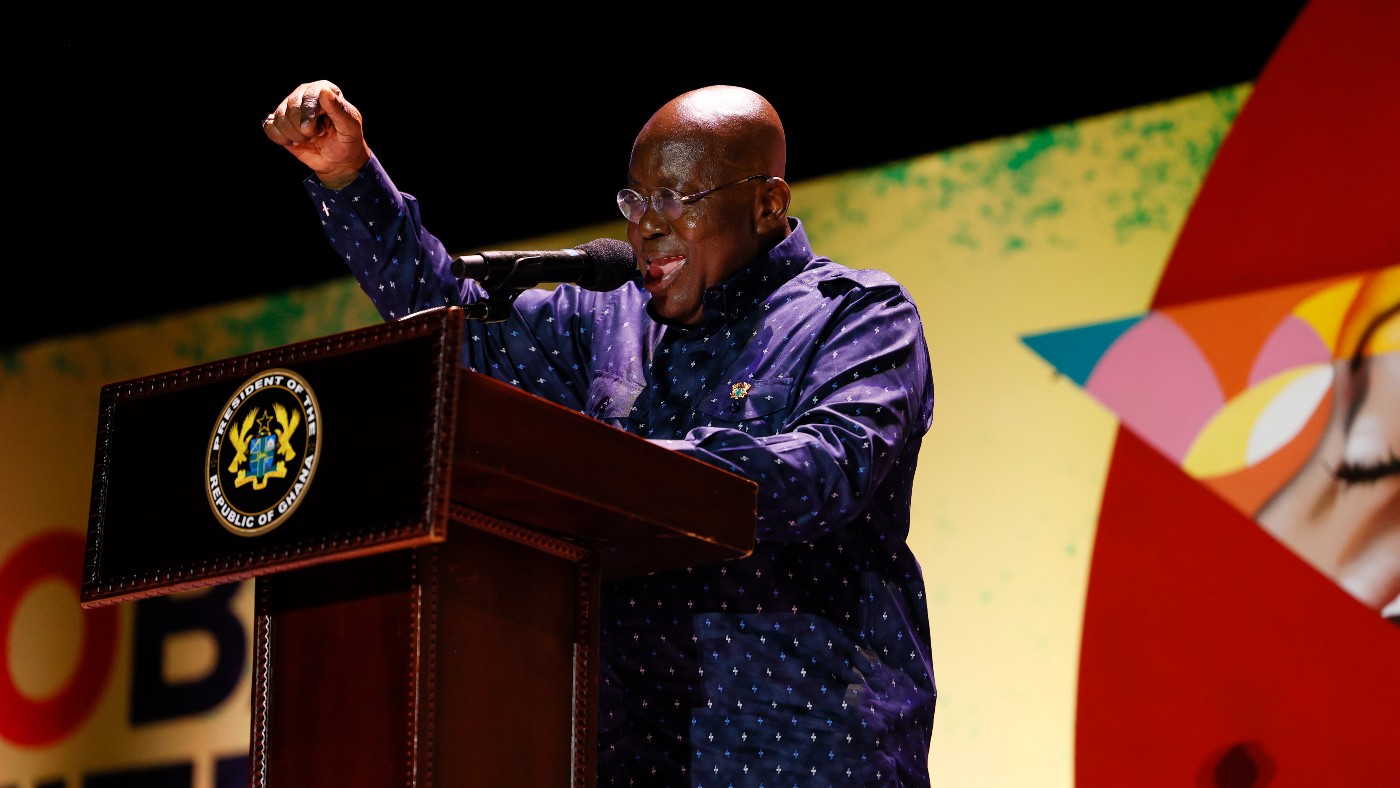 Ghana abolishes the death penalty
Ghana abolishes the death penaltyfeature It joins a growing list of African countries which are turning away from capital punishment
-
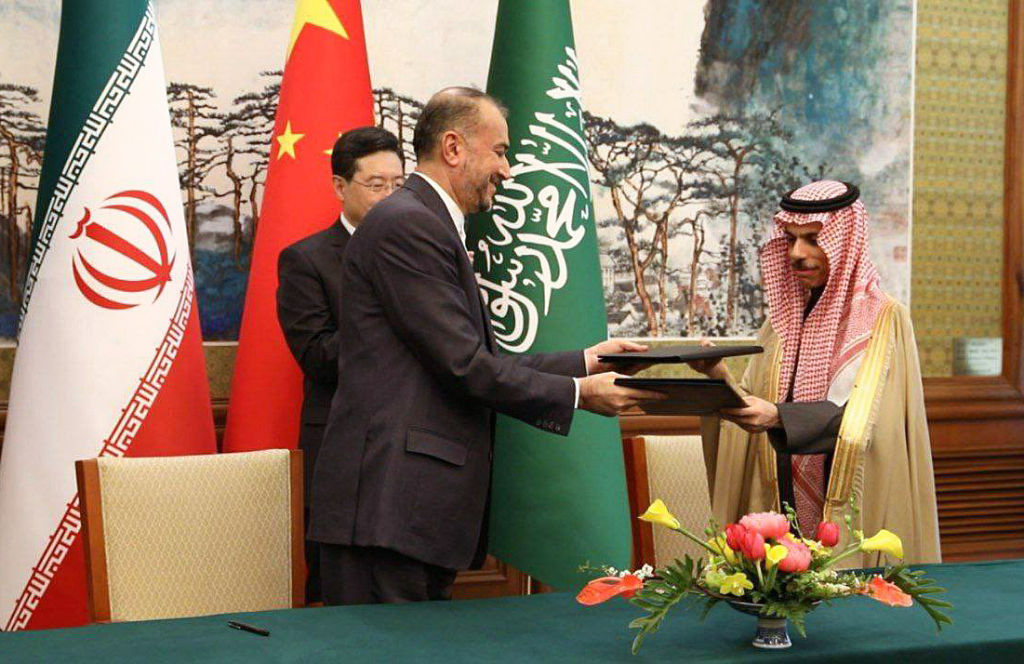 Iran and Saudi Arabia agree to reopen embassies, resume flights in China-brokered thaw
Iran and Saudi Arabia agree to reopen embassies, resume flights in China-brokered thawSpeed Read
-
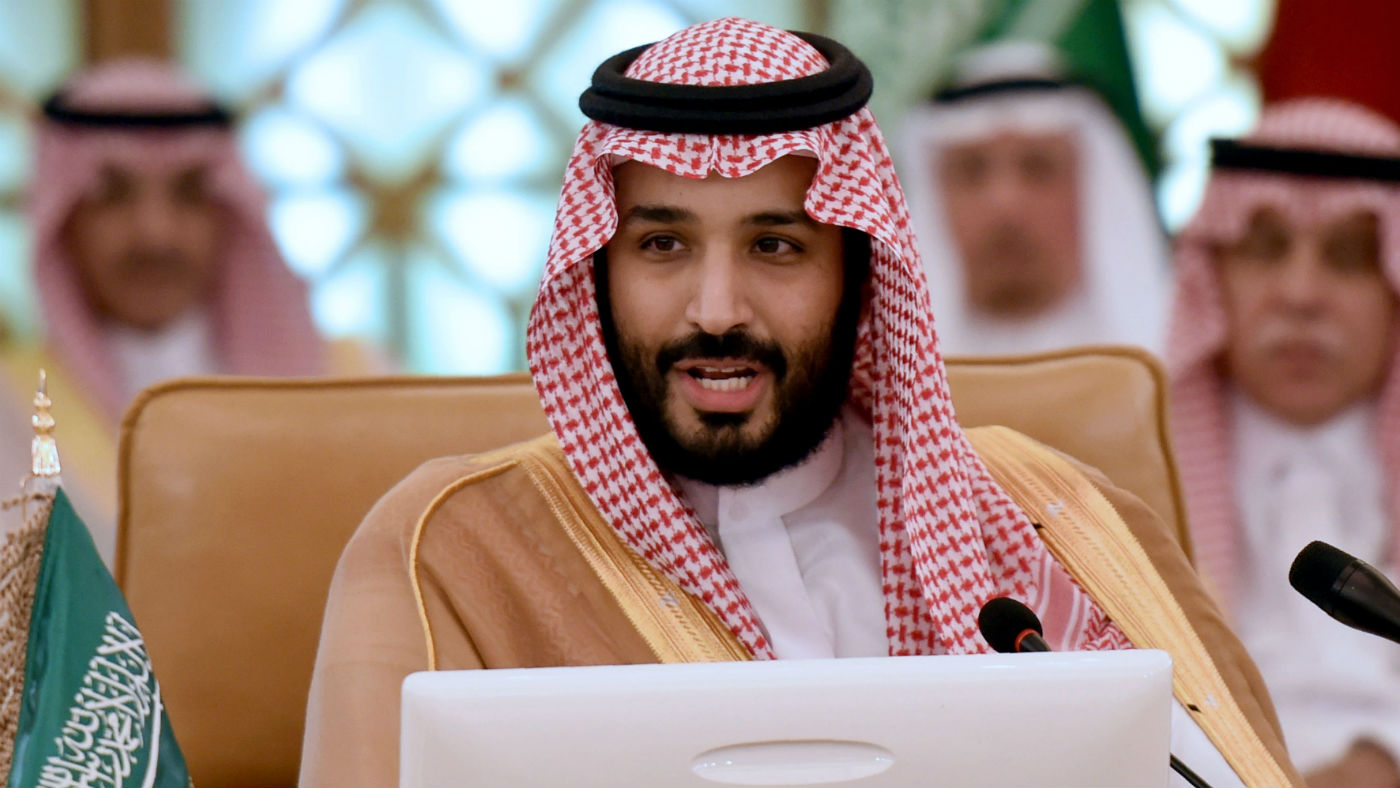 An end to Iran and Saudi Arabia’s seven-year rift
An end to Iran and Saudi Arabia’s seven-year riftfeature Thawing of relations could transform the Middle East
-
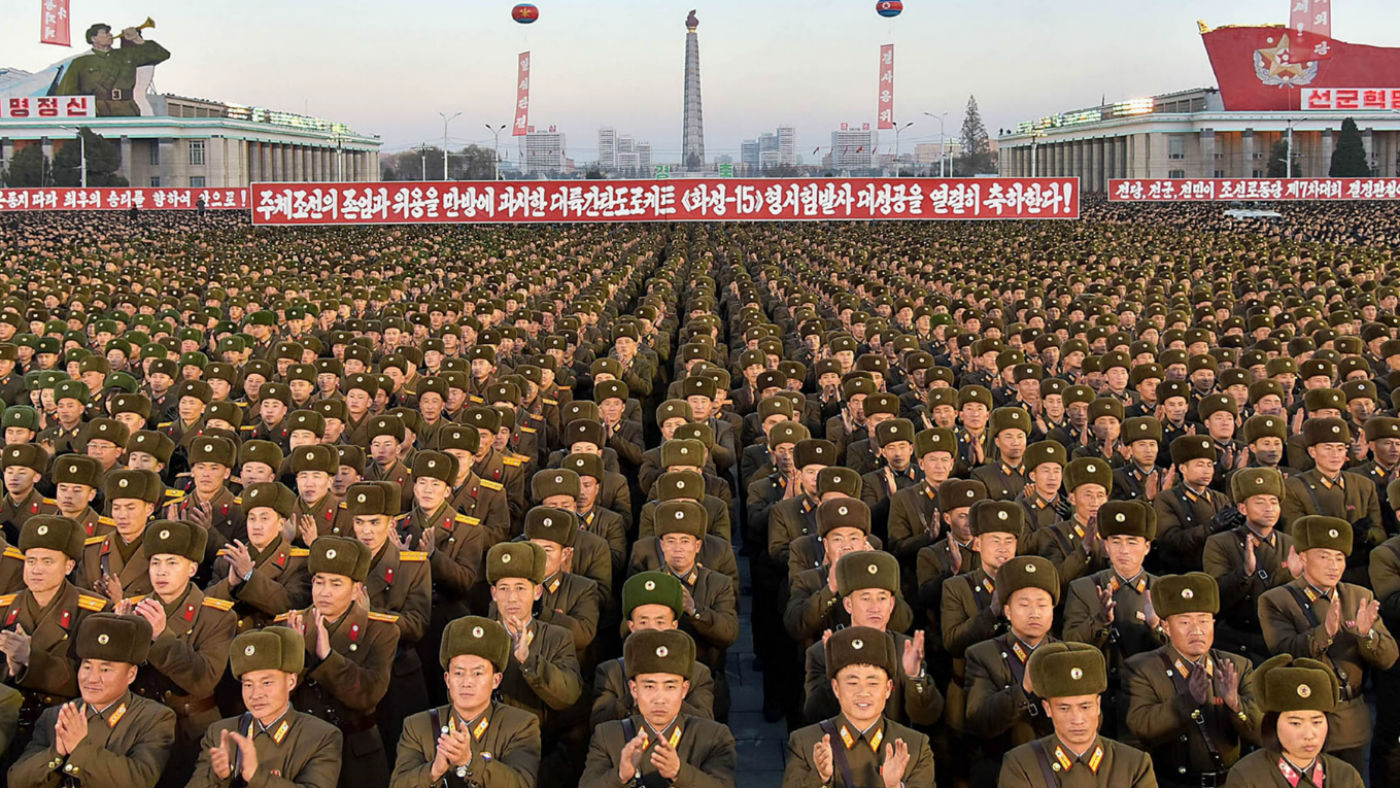 The Week Unwrapped: Korean succession, terror by algorithm and German disquiet
The Week Unwrapped: Korean succession, terror by algorithm and German disquietpodcast Could a 10-year-old girl rule North Korea? Will an Isis victim upend web law? And why is Germany upset with its Oscars contender?
-
 The Week Unwrapped: Chinese chips, the Pope in Africa and podcasting
The Week Unwrapped: Chinese chips, the Pope in Africa and podcastingpodcast Is China losing the microchip war? What is the Vatican doing in South Sudan? And has the podcast tide turned?
-
 The Week Unwrapped: Sex and health, the Earth’s core and another new year
The Week Unwrapped: Sex and health, the Earth’s core and another new yearpodcast Is the NHS failing British women? What’s going on at the centre of our planet? And what’s in a date?
-
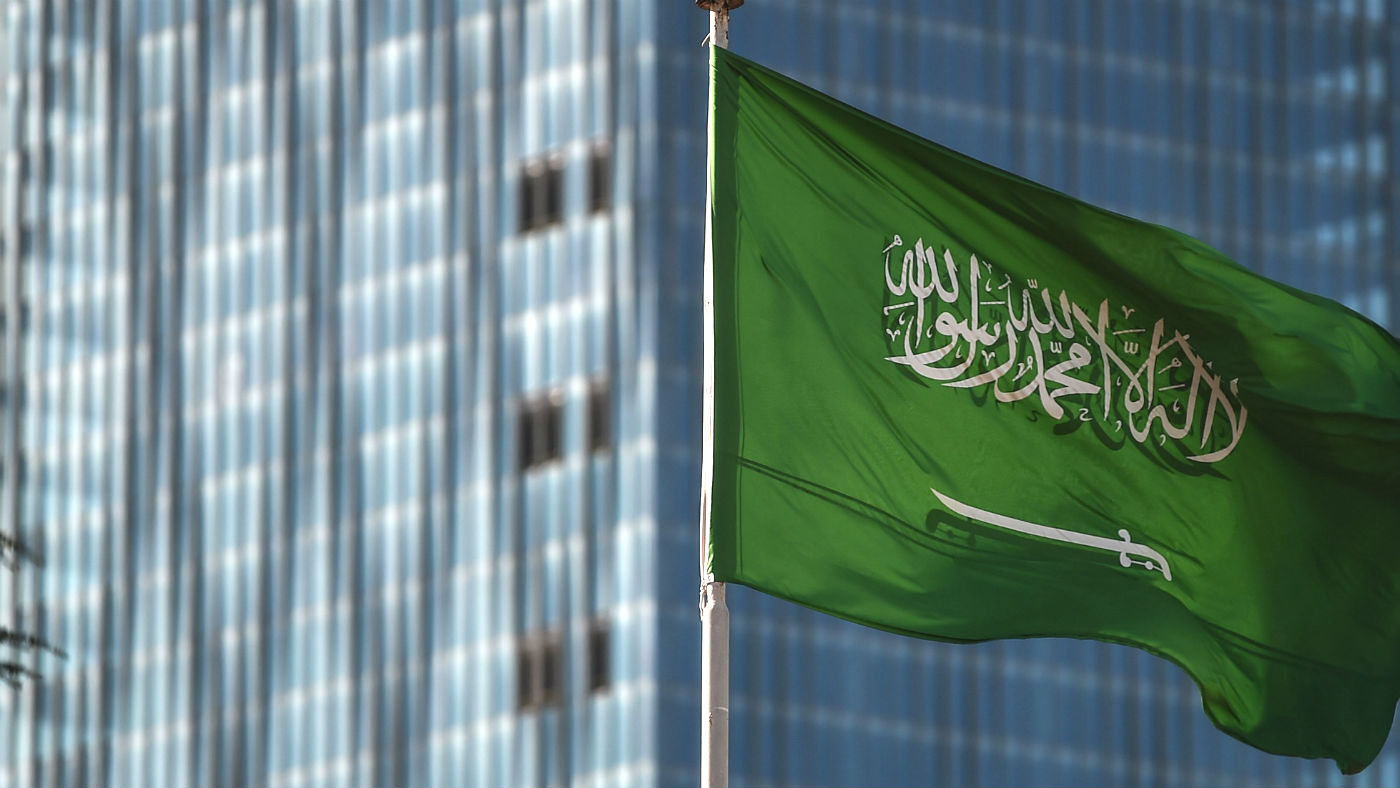 The Week Unwrapped: Antisocial Saudis, hormone therapy and retro tech
The Week Unwrapped: Antisocial Saudis, hormone therapy and retro techpodcast Why is Saudi Arabia investing in – and banning – social networks? Will new research make life easier for trans women? And is the future of technology dumb?
-
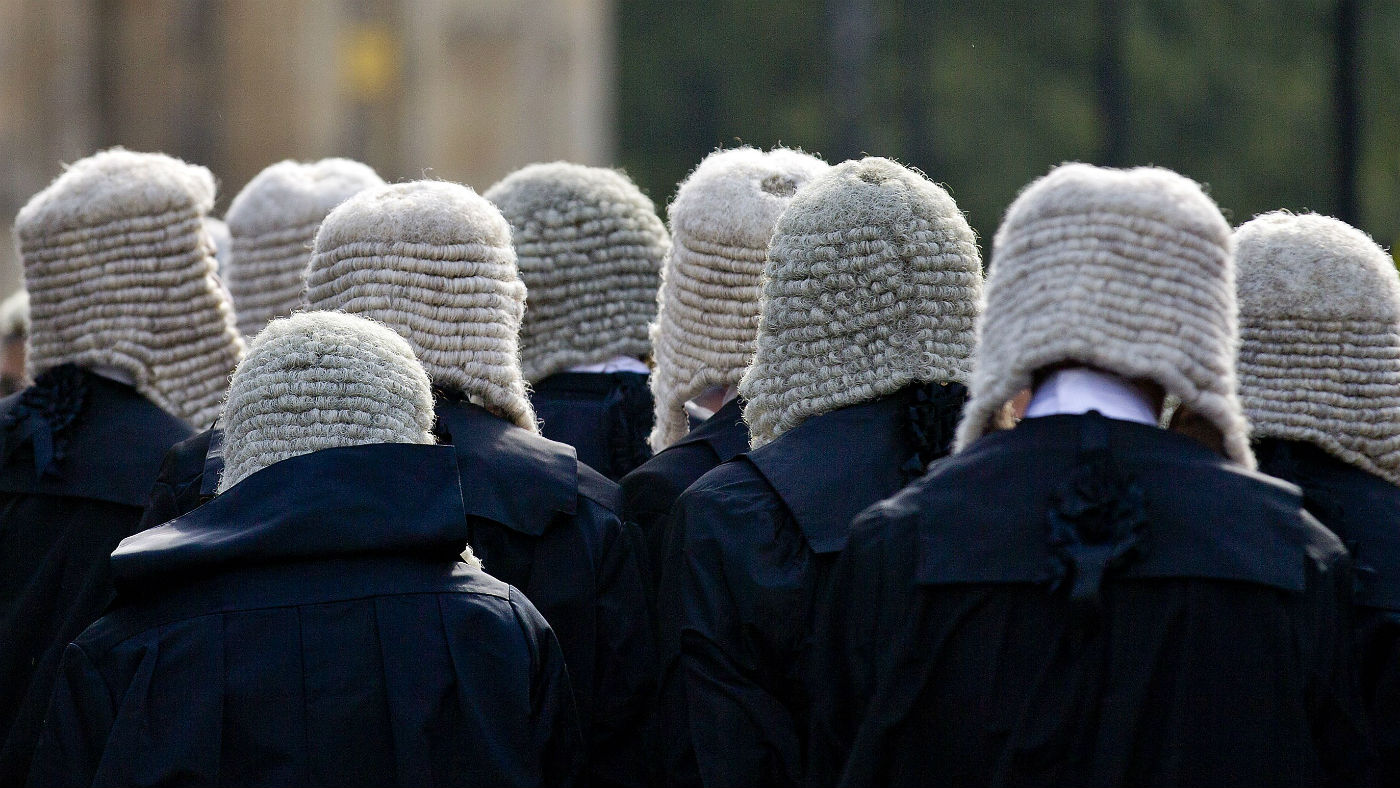 The Week Unwrapped: AI in court, Germans in Taiwan and ghostwriters
The Week Unwrapped: AI in court, Germans in Taiwan and ghostwriterspodcast Could artificial intelligence replace lawyers? What does Taiwan want from Germany? And are ghostwriters becoming less ghostly?